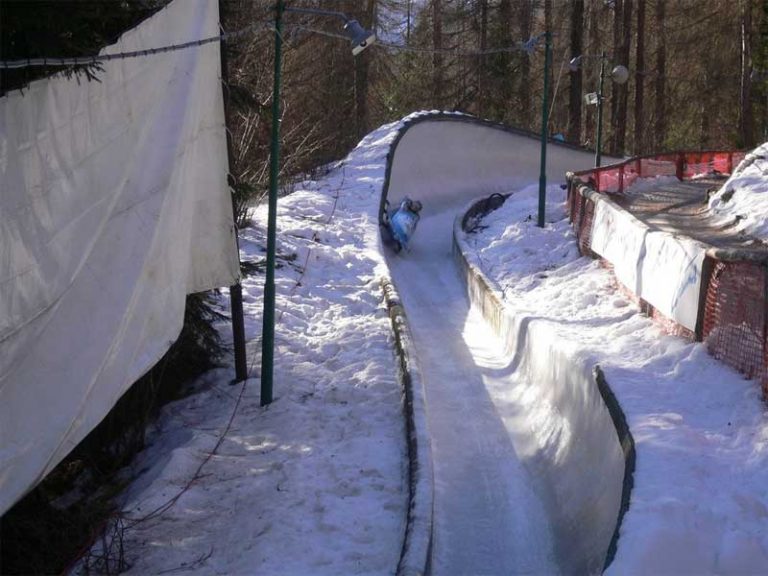Reporting From Stockholm, Sweden – New poll results announced by the International Olympic Committee (IOC) on the final day of the organization’s inspection of Sweden’s Olympic bid revealed public support for Stockholm-Åre 2026 is on the rise.

A February poll commissioned by the IOC and taken by Publicis showed that 55 percent across Sweden support the bid, 17 percent are opposed to the project and 28 percent “don’t know” when they were asked “are you in favor of Stockholm/Åre hosting the Olympic Winter Games in 2026?”
In Stockholm the numbers were marginally weaker with 54 percent in support, 17 percent against and 30 percent with no opinion. There were 2,443 respondents to the poll from February 7 to 19.
An IOC poll taken in April 2018 indicated that only 49 percent in Stockholm were in favor of Sweden’s Olympic bid with 25 percent against and 26 percent neutral. Across Sweden, only 46 supported the project.
Stockholm-Åre 2026 Chair Richard Brisius said Saturday “I think it’s a showcase that Swedish people, they’ve now started to embrace Agenda 2020, the New Norm [reforms], or at least the effects that they have.”
“They start to believe in the new world, in the new way the Olympic Movement are moving the Olympic Games.
“They’ve started to believe that what we have in Sweden is actually exactly what is tailor made to fit the new reality of the IOC.”
“Swedes are cautious, and these numbers are outstanding for Sweden.”
Swedish Olympic Committee (SOK) General Secretary and IOC Board Member Gunilla Lindberg was also upbeat on the results, she said “this feels great, that we both got an increase of ‘yes’ but also a decrease in ‘no’.”
“It feels like people are beginning to understand more.”
Public support for Olympic bids among non-autocratic nations has dropped in recent years resulting in nine-straight lost referendums since 2013 including in Calgary, Canada and Sion, Switzerland as they dropped bids for these same 2026 Games.
Officials in both Sweden, and its only rival in Italy, say that referendums are not required for their bids. New poll results for Milan-Cortina are expected to be released when the IOC visits from April 2 to 6.
Interest in the bid around Sweden, and in the capital, seems low among the public and media – and the lack of public engagement by the bid with the population is evident.
The promotion and celebration of the bid that typically surrounds the IOC inspection is absent – along with the usual groups of protesters.
Brisius claims this is intentional under the Olympic Agenda 2020 umbrella that calls for efficiency.
“Bidding is something completely different than what we have seen in the past,” he said.
“Promotion of the bid is done in different ways, it’s at a much lower cost, the whole bid, so we’re walking the talk and doing it the Swedish way and we’re focusing on what’s important.
“And that’s conveyed to the Evaluation Commission – what this bid is about and what we’ll deliver in 2026.”
Sweden’s bid is now contingent on the results of an upcoming government report on the feasibility of the bid, and a decision on whether or not they will support and guarantee the project.
On Friday Sweden’s Minister of Culture and Sport Amanda Lind said that decision will delivered before an April 12 IOC deadline.
“We are processing our decision right now,” she explained, indicating that it would made in the “next weeks.”


